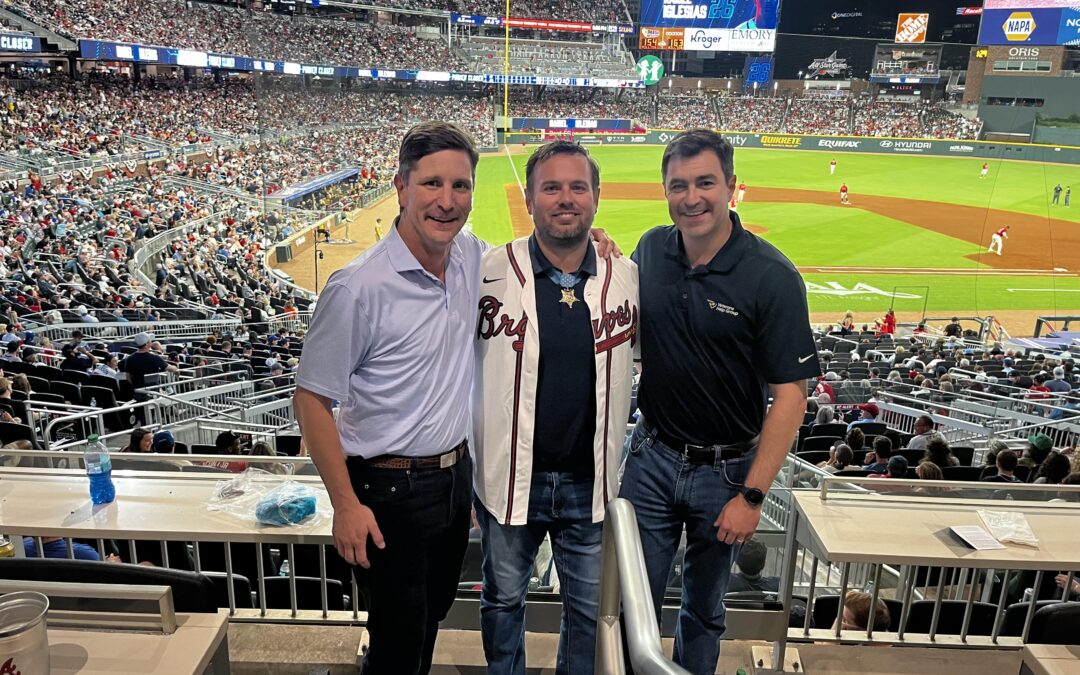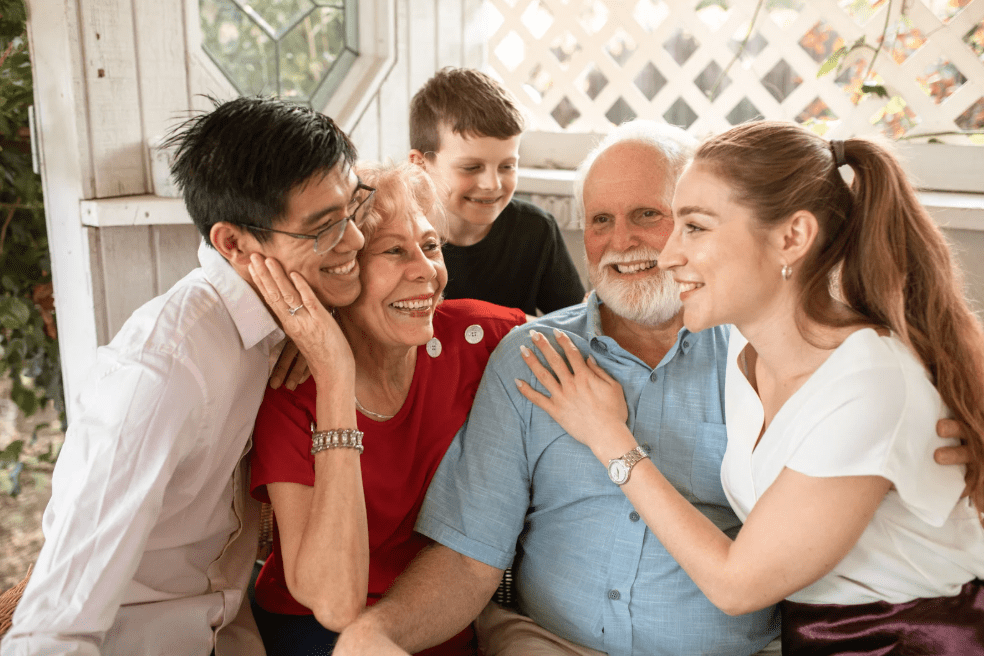Table Of Contents
In cases where the veteran’s entrance examination does not reveal injury, he is entitled to a presumption that he was in good health at the time of entrance into service. Horn v. Sinseki, CAVC docket no. 10-0853.
This presumption of good health is useful because, if he subsequently develops an injury, it is more difficult for VA to say that the injury was related to something that happened before service, such as a childhood injury. The only way VA can say the injury was related to something that happened before service is to find:
(1) “clear and unmistakable evidence” that the injury happened before service, AND
(2) “clear and unmistakable evidence” that the injury was not aggravated by the veteran’s service.
“Clear and Unmistakable Evidence” that an Injury was Not Aggravated by Service
To find “clear and unmistakable evidence” that the injury was not aggravated by the veteran’s service, VA can either find that the condition stayed the same during service, or it can find that it got worse but only as a result of the natural course of the injury (i.e., was not influenced by anything that happened in service). As you would expect, “clear and unmistakable evidence” is an incredibly high standard – it basically means reasonable minds could not possibly view the evidence differently.
The Court’s recent decision in Horn highlights how hard it is for VA to make a finding that a condition was the result of a childhood injury, where that condition was not recorded on an entrance examination. The Court found that a mere notation on an MEB evaluation that the injury was related to a childhood event is not enough. In other words, the VA would need to come up with more evidence that affirmatively established that the injury was related to a childhood event. And, the evidence must be affirmative – meaning that an absence of records on the injury cannot be used against the veteran.
In these kinds of cases, VA must presume that the veteran’s injury occurred in service, making it a little easier for the veteran to win his service-connection claim. VA often finds “clear and unmistakable evidence” to deny the veteran benefits in cases where the evidence would appear to fall far short of being “clear and unmistakable.”
Did the VA Deny Your Claim?
If the VA is denying your disability claim on these grounds, contact our team today to help you make sense of this complicated issue and to discuss your appeal options. You should be aware that this happens in cases of both physical injury AND mental disability (such as PTSD).

Veterans Help Group Serving Our Community
Veterans Help Group Serving Our Community By Bobbi Boudi, Director of Community Outreach & Amy...

How Much Back Pay Will You Receive?
What is VA Disability Back Pay? VA disability back pay is payment for benefits the veteran was...

Your Guide to VA Ratings: Sleep Apnea
Your Guide to VA Ratings: Sleep Apnea Sleep apnea can be a serious condition that may impact...





